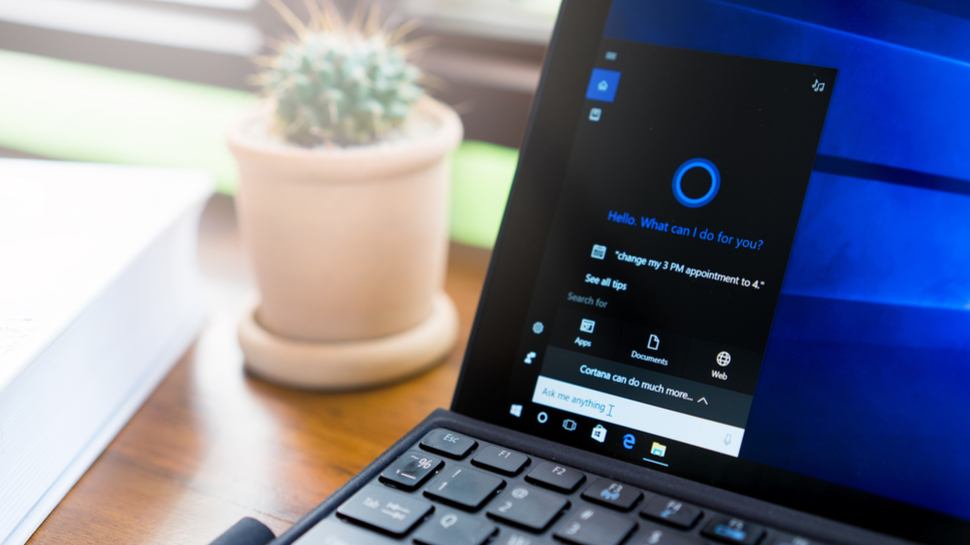Microsoft’s latest Windows patches are slowing or locking up some PCs
Due to a conflict with security software including Avira Free Antivirus

Microsoft’s latest round of patches for the month of April have been causing serious issues, either slowing down or freezing up Windows PCs.
This is apparently due to a conflict with some antivirus apps, and is primarily affecting Windows 10 and Windows 7 systems, it would seem (but also potentially some folks running Windows 8.1).
Security software from Sophos, Avast, and Avira have compatibility issues with these latest patches, although it’s seemingly just business software which is hit with the former two: Sophos Endpoint Security and Control, along with Avast for Business and Avast CloudCare.
- Windows 10 now lets you remove USB devices at the drop of a hat
- This is what’s coming with the Windows 10 May 2019 Update
- This is the best antivirus software of 2019
However, in the case of Avira, the affected software includes the widely used Avira Free Antivirus and the firm’s free security suite, as well as the paid products, Avira Antivirus Pro and Avira Prime.
If you’re running any of the aforementioned programs, Avira is recommending that Windows 10 users uninstall cumulative update KB4493509, and that Windows 7 users get rid of KB4493472 and KB4493448 (see the instructions here).
As mentioned on the Answers.com forum, Avira is apparently in discussions with Microsoft to find a solution to the problem, and says that the “fix will be delivered automatically as soon as possible with the next product update”.
Avast has also provided advice, and while Avira has reported slowdowns with users’ machines, Avast is saying that PCs are freezing up on startup at the login screen, a much nastier problem – and one apparently affecting Windows 7 users in particular.
Sign up for breaking news, reviews, opinion, top tech deals, and more.
Avast says that these problems are ‘most likely’ related to the following updates: KB4462223, KB4493472, KB4493448, KB4464520, KB4462230 and KB4493435 (and as you can see, two of these are the same updates that Avira pointed the finger at on Windows 7 – KB4493472 and KB4493448).
Troubleshooting tips
Avast has further troubleshooting details here, and the current solution is essentially the same as Avira – uninstall the updates. Avast also adds that it’s continuing to work to pin down the problem and provide a permanent solution.
Of course, if you haven’t yet installed said Windows updates and you are running any of the above security applications, it goes without saying that you should steer clear of picking them up for the time being, until these gremlins are resolved.
Kaspersky recently commented that you should always install security patches quickly, pointing out zero-day vulnerabilities (under active exploitation) that it has been recently finding in Windows as a reason to move fast.
The problem with that is the issues described in this article are exactly the reasons why many more cautious users don’t install even security updates immediately, in case they end up with a locked up PC and potentially a whole world of hurt (particularly for businesses deploying patches across many machines).
- Most of the best laptops of 2019 run Windows 10
- Downloading a Windows VPN is a good way to stay safe online
Via Windows Latest
Darren is a freelancer writing news and features for TechRadar (and occasionally T3) across a broad range of computing topics including CPUs, GPUs, various other hardware, VPNs, antivirus and more. He has written about tech for the best part of three decades, and writes books in his spare time (his debut novel - 'I Know What You Did Last Supper' - was published by Hachette UK in 2013).